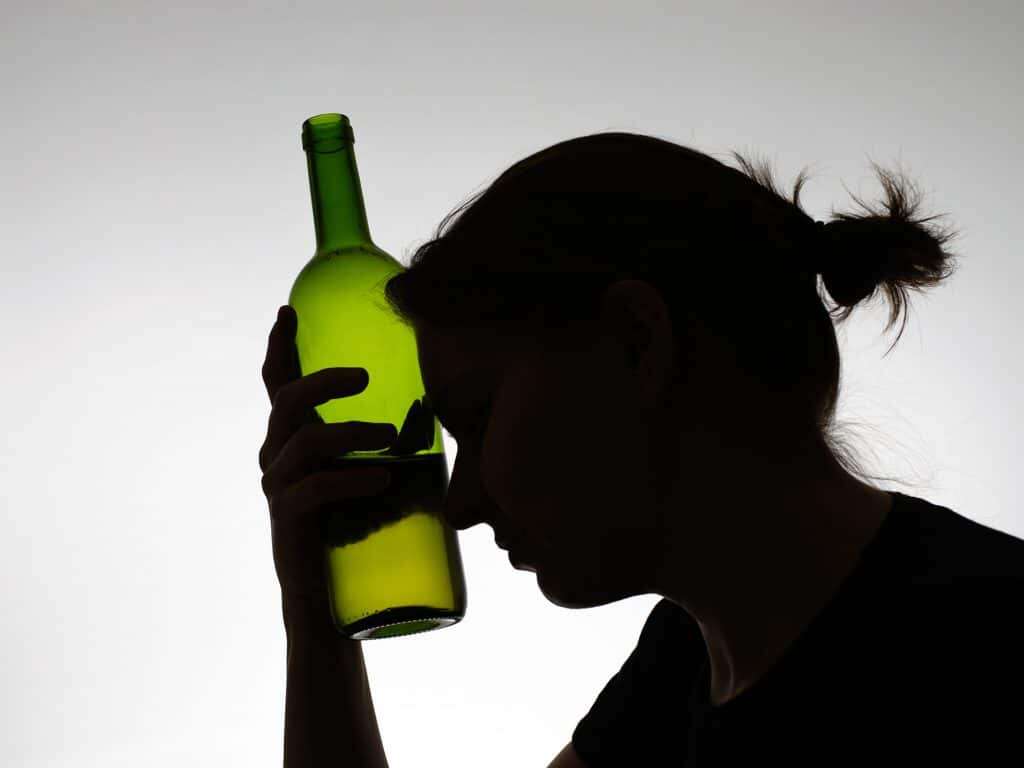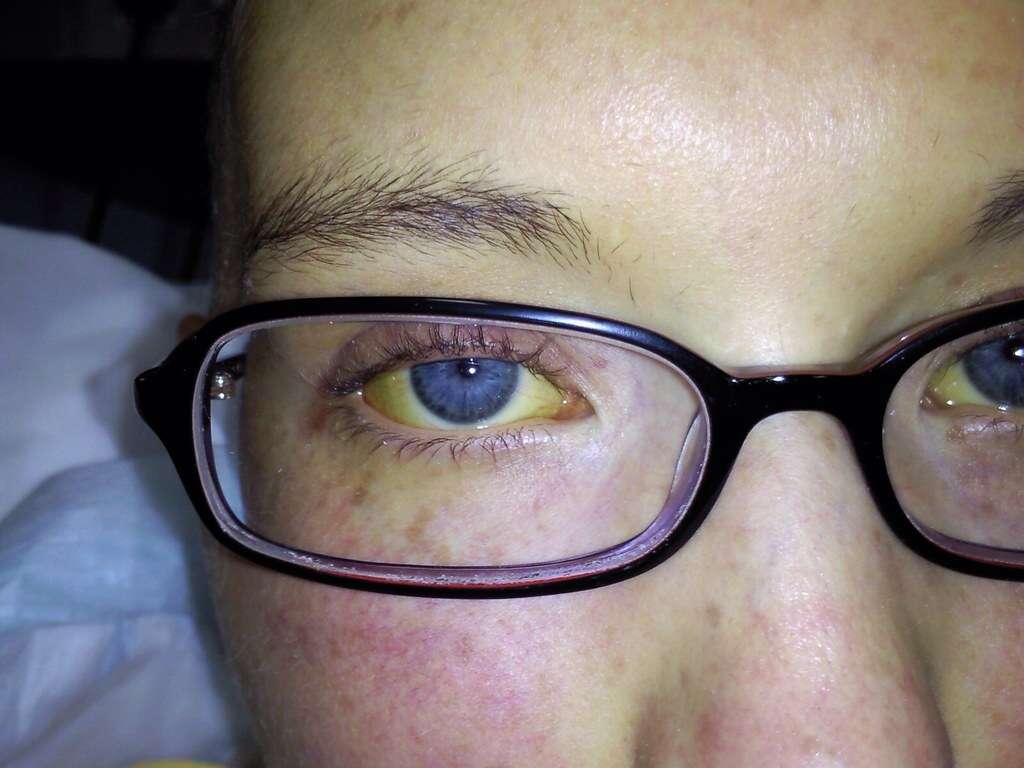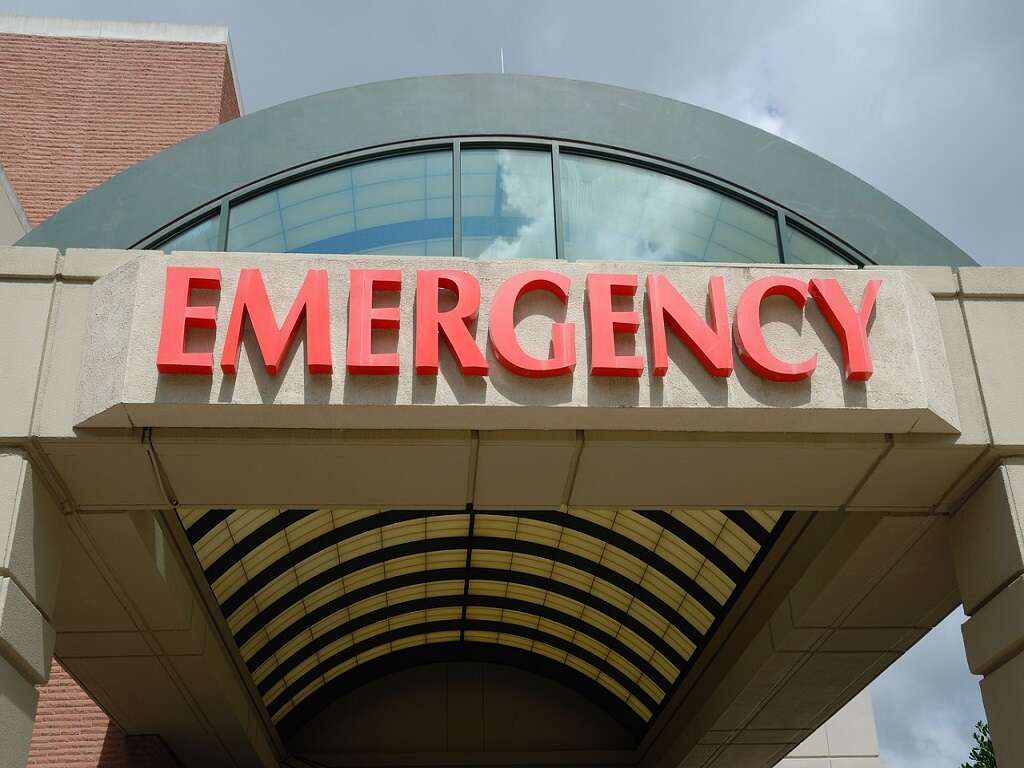10 Alcohol Poisoning Symptoms
7. Dry Mouth
Having a dry mouth sensation is a common symptom of dehydration. It is usually accompanied by dry mucous membranes in general (i.e. eyes, tongue). This condition is the result of a negative fluid balance, meaning that it occurs when a person uses or loses more fluid than they consume. Generally, the body of a dehydrated person lacks enough fluids to carry all their biological functions. Other signs and symptoms of dehydration in adults include dizziness, confusion, fatigue, excessive thirst, increased respiratory and cardiac rates, and decreased urination. If dehydration advances untreated, organ failure and death can result from a severe decline in circulating blood volume (hypovolemic shock). Alcohol poisoning can induce dehydration through excessive fluid loss. This happens in two ways: urination and vomiting.
A short-term effect of alcohol ingestion is excessive urination. Have you ever wondered why every time you drink alcohol; you seem to urinate a higher amount of liquid than what you actually consumed? This is not your imagination! It happens because alcohol acts on a gland in your brain, known as the posterior pituitary gland, and interferes with your body’s water regulation mechanisms. Alcohol reduces the secretion of this gland, specifically of a hormone known as Vasopressin or ADH. In normal conditions, when you are dehydrated this hormone will stop you from urinating to preserve any fluids present in your system. However, when consuming alcohol, ADH production will be low and so will be the amount of water you will hang on to (no matter how much additional water you ingest). If you observe signs of dehydration in someone who has consumed excessive alcohol, call for medical help as soon as possible.
Advertisement












